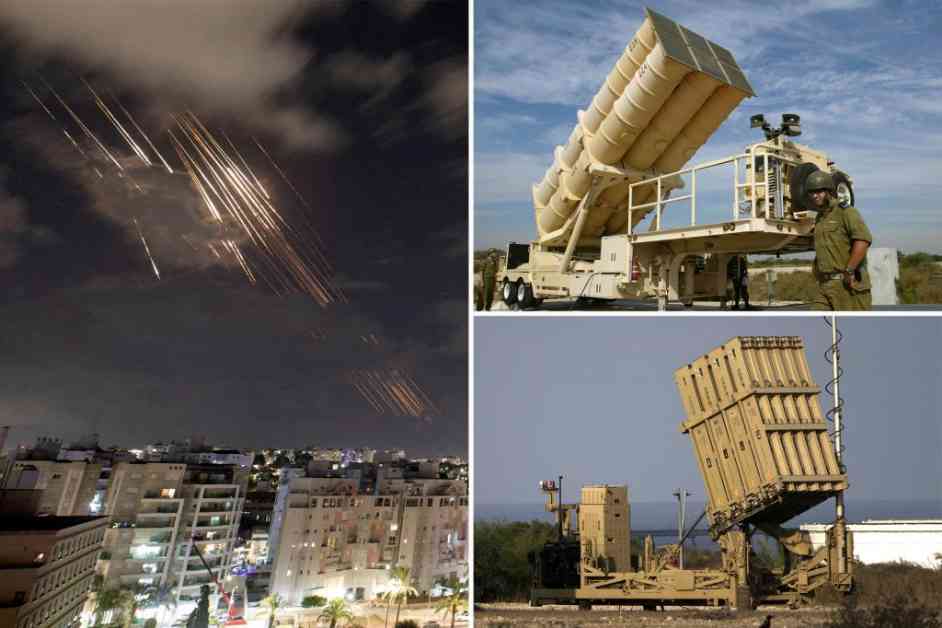Israel is currently facing a significant shortage of interceptor missiles necessary to defend against attacks from Hamas, Hezbollah, and potentially Iran in the future. This shortage poses a serious concern for the country’s defense capabilities. Interceptor missiles are used as a defensive weapon to intercept incoming ballistic missiles.
According to a report in The Financial Times, Israel’s munitions stockpile has been steadily decreasing after over a year of continuous attacks from various sources. The concern is that if Iran and its allies were to launch a coordinated attack, Israel’s air defenses would be severely strained.
Former US defense official Dana Stroul emphasized the seriousness of Israel’s munitions shortage, particularly in the face of ongoing attacks from Hezbollah. The IDF has been dealing with daily strikes from Hezbollah, with up to 100 rockets fired every day. Despite successfully intercepting the majority of these attacks, the strain on Israel’s defense systems is becoming more apparent.
Assaf Orion, a former IDF general, pointed out that while Israel has been relatively successful in repelling attacks from Lebanon, Hezbollah has not yet fully unleashed its capabilities. The organization has only been using a fraction of its potential launching capacity, firing a few hundred rockets a day instead of potentially thousands.
Israel’s current defense systems, including the Arrow and David’s Sling anti-missile systems, are not equipped to handle a massive barrage of hundreds of missiles. The Iron Dome system, which is primarily used to defend against shorter-range rockets from Gaza or Lebanon, also has limitations when faced with larger threats.
In response to these concerns, the US has announced plans to send an advanced Terminal High Altitude Area Defense (THAAD) rocket system to Israel. This system is specifically designed to shoot down ballistic missiles, such as those launched by Iran in early October. The THAAD system includes launchers, interceptors, and radar equipment, as well as soldiers to operate the system.
The arrival of the THAAD system is expected to enhance Israel’s defense capabilities, especially with the support of US destroyers and battleships already deployed in the region. These ships have previously assisted in intercepting Iranian attacks and are prepared to help defend against future threats.
Despite Iran’s warnings against US involvement in Israel, citing the need to protect its citizens, the deployment of the THAAD system underscores the importance of international cooperation in ensuring regional security. The ongoing missile threats faced by Israel highlight the need for continuous innovation and collaboration in defense technology to safeguard against evolving threats.

